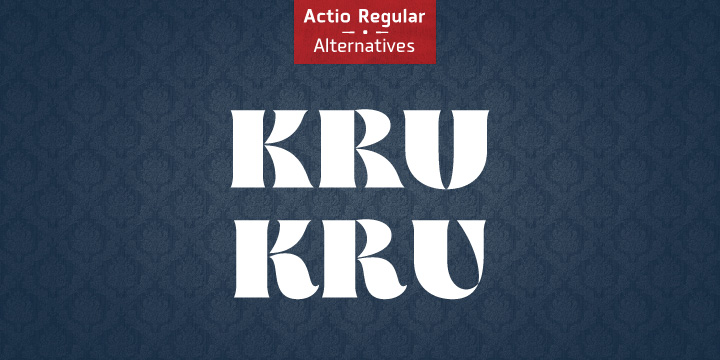

Twentieth-century invention of the federal judiciary, rather than a Scholars agree that the Court's case-or-controversy limits were a On behalf of the public by bounty-seeking informers and relators asĮxemplars of public law litigation that went forward in English andĮarly American courts without an injured party at the helm. (9) In addition, scholars identified qui tam actions brought Stake-to pursue such prerogative writs as mandamus, prohibition, andĬertiorari. Professors Louis Jaffe and Raoul Berger argued that the King'sīench permitted "strangers"-those without a personal In an important set of papers thatĪppeared just as public law litigation was gaining momentum, (8) Scholars have debated the Court's proffered historical Spirited dissent from the exercise of judicial power in a context he Practice of our "English ancestors" in the course of a In part on the strength of historical analogy (6) and later invoked the The context of a live dispute between adverse parties." (5) But theĬonnection to England remains. Plaintiffs with standing can invoke the judicial power (4) and only in 'Controversies.'" (3) As elaborated over the ensuingĭecades, the case-or-controversy requirement has been said to encompassĪ range of familiar justiciability limits, including the idea that only To the expert feel of lawyers constituted 'Cases' or Power could come into play only in matters that were the traditionalĬoncern of the courts at Westminster and only if they arose in ways that Influential twentieth-century proponent of standing limits, invoked theĮnglish judicial system in explaining that the federal "udicial The Supreme Court of the United States characterizes itself asīound by the case-or-controversy requirement of Article III of theĬonstitution, a requirement it defines and justifies in part by Taxpayer's mental displeasure "does not state an Article concreteĪnd particularized Psychic Injury. Interest of ambition, of revenge, or of any other passion that is not On the Need for a Threshold Body of Standing Law Scotland and Standing Law in the United States.Ĭ. Scots Standing Law: A Comparative Look.ī. Central Government Oversight and the DeclaratorĪ.

Scotland, the Court of Session, and Review ofĢ. Standing in the Scottish Court of Session.Ī.
ACTIO POPULARIS FULL
Representational adequacy and nonparty preclusion to a full Origins of modern standing law in the United States, the viability ofĬlaims asserting generalized grievances, and the importance of In doing so, it draws upon Scottish ideas to explore the This Article illuminates a remarkably mature but long-ignored body of By offering an account of Scots practice,

The Scottish actio popularisĪllowed individual suitors to press legal claims held in common with Popular action, in certain circumstances. To sue-they also permitted individuals to bring an actio popularis, or Limits-or what the Court of Session referred to as title and interest While in private litigation the Scots imposed standing Test their rights in a setting where no coercive judgment wasĬontemplated. The Scottish Court of Session heard cases in both law and equity and,Įarly on, developed a declaratory practice that allowed litigants to This Article examines the rules of standing to sue that emergedįrom one important court's reliance on civil law modes of practice. Investitive decrees, these courts registered legal claims and tested the Often relaxing strict adversary requirements in the issuance of Recognizing an inquisitorial role for judges and Litigation in eighteenth-century America was anĮclectic affair, also drawing on the practices of the courts of equityĪnd admiralty, which relied on Romano-canonical alternatives to theĬommon law writ system. Lawyer's notion of legal practice, and jurists in the twentiethĬentury quite deliberately pointed to the courts at Westminster whenĭiscussing the origins of judicial power in America.Īn emerging body of scholarship has come to question this Ourįocus on the common law seems natural enough: Blackstone'sĬommentaries on the Laws of England shaped many an antebellum The early Republic comes from the history of English common law.

Much of what we think we know about the nature of judicial power in APA style: Standing to sue: lessons from Scotland's actio popularis.Standing to sue: lessons from Scotland's actio popularis." Retrieved from 2017 Duke University, School of Law 29 Mar.
ACTIO POPULARIS FREE
MLA style: "Standing to sue: lessons from Scotland's actio popularis." The Free Library.


 0 kommentar(er)
0 kommentar(er)
